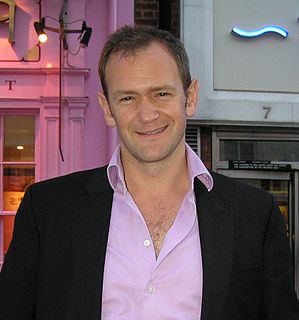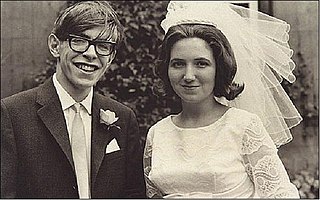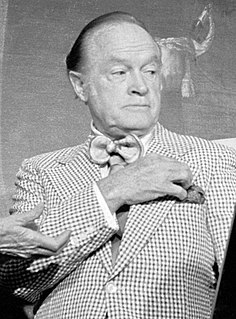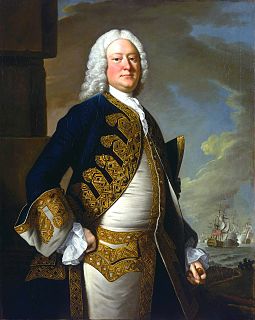A Quote by Terry Pratchett
The English were notoriously unenthusiastic about burning witches. I suppose ours were too soggy.
Related Quotes
Now that they talk about Islam as being a violent faith, when you look at the history of Christendom, the Crusades and the many wars of religion that were fought, the cruelty of Christians in burning what they believed to be witches and burning heretics, and then very recently they were responsible for the Holocaust... it was Christians.
Suppose we were (as we might be) an influence, an idea, a thing intangible, invulnerable, without front or back, drifting about like a gas? Armies were like plants, immobile, firm-rooted, nourished through long stems to the head. We might be a vapour, blowing where we listed Ours should be a war of detachment. We were to contain the enemy by the silent threat of a vast, unknown desert
Translated literature can be fascinating. There's something so intriguing about reading the text second hand - a piece of prose that has already been through an extra filter, another consciousness, in the guise of the translator. Some of my favorite writers who have written in English were doing so without English being their first language, so there's a sense of distance or of distortion there, too. Conrad. Nabokov. These writers were employing English in interesting ways.
It's a peculiarity of the Norwegian culture and of the English and American, too, that men are not supposed to cry. Stiff upper lip and all that. But the Vikings cried like women in public or privately. They soaked their beards with tears and were not one bit ashamed about it. Yet, they were as quick to draw their swords as they were to shed tears. So, what's all this crap about men having to hold in their sorrow and grief and disappointment?
I came from a tradition where souls were a theological reality, not a faith reality. Souls were for saving, not for communing. Souls were for converting and, once they were converted, they were to be left alone. Souls were too mystical, too subjective, too ambiguous, too risky, too... well, you know - New Age-ish.
Witches never existed, except in people’s minds. All there was in the olden days was women and some men who believed in herbal cures and in folklore and in the wish to fly. Witches? We’re all witches in one way or another. Witches was the invention of mankind, son. We’re all witches beneath the skin.
James Joyce's English was based on the rhythm of the Irish language. He wrote things that shocked English language speakers but he was thinking in Gaelic. I've sung songs that if they were in English, would have been banned too. The psyche of the Irish language is completely different to the English-speaking world.


































